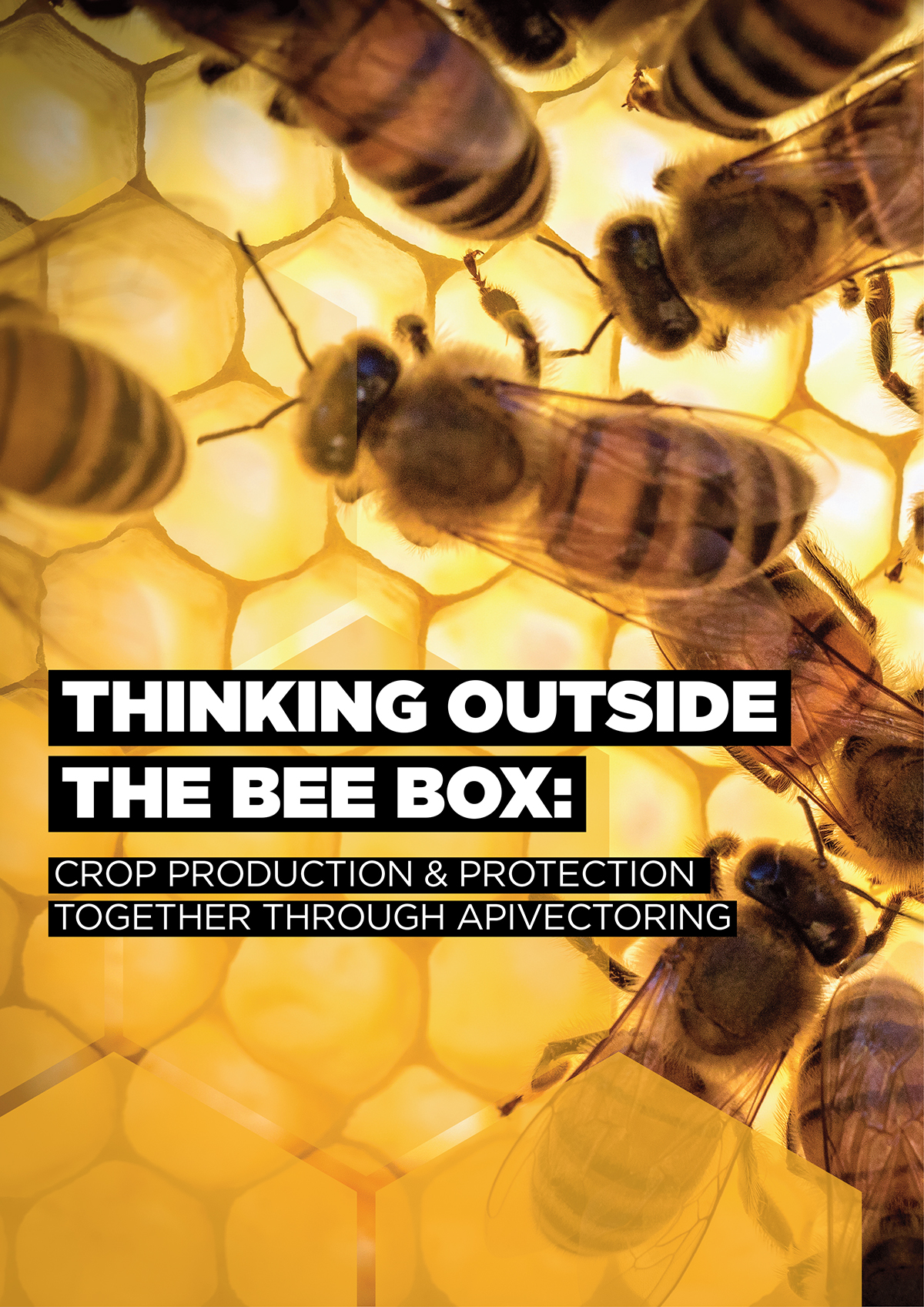The University of Guelph present the future of crop protection and production: Apivectoring is a technology that harnesses the natural power of bees
Food security has become part of a global conversation, no longer limited to lower-and-middle-income (LMIC) countries. In the wake of these concerns, the methods used to grow high-quality crops have come under examination, especially in relation to sustainable development.
What if there was a way of protecting crops that did not involve spraying synthetic pesticides over the produce?
Apivectoring, entomovectoring or simply bee vectoring could present the climate-friendly answer. Bees can carry microscopic particles throughout the environment, which is makes them potential biological control agents. So instead of mass spraying crops, which wastes water, time and fuel, bees could be released with the correct formulation to protect crops.
Honeybees and bumblebees in Europe and North America have been tested for use, especially to protect strawberries, raspberries and blueberries from fruit pathogens like grey mould by delivering antifungal agents. For strawberries, this system of biological control has also been approved legally.
These tiny beings could even be used to protect coffee from pests in Brazil and Mexico, where the local economy can depend on the stability of a coffee farm.
So how long would this process take to set-up? How would it work for other crops?
To hear the answers to these questions and more, read about the research, timelines and possibilities of this new technology here.


